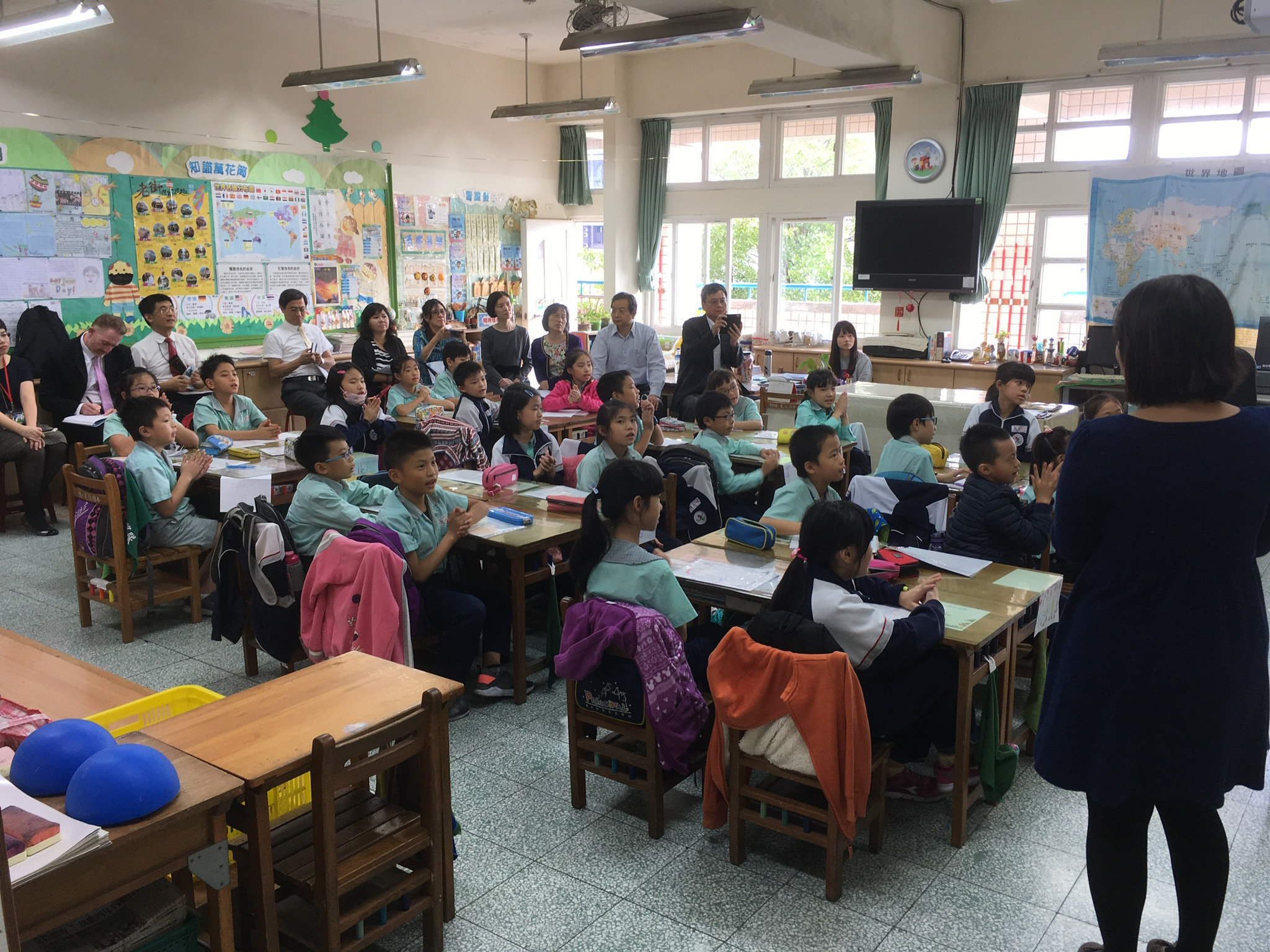Given the choice of spending a few days over half-term digging the garden, or giving a keynote at a conference in Taiwan, which would you have chosen?
That’s the choice I made too, and found myself at a symposium for Taiwanese school principals in order to debate the merits of instructional leadership. And to sample the Taiwanese delicacy of “stinky tofu”, a kind of fermented beancurd. Think gorgonzola made with old socks.
There was a time when the word “leadership” could not be uttered unless accompanied by the adjective “transformational”. Just as Clark Kent pops into the telephone box and transforms himself into a superhero, so successful heads were lauded as superheads. The goal was to create inspiring visions, float around the school boosting morale, do things that mortal leaders found impossible like conjuring millions of pounds in funding from nowhere, building glassy empires and turning around failing schools. Which often failed again as soon as the superhead moved on to the next adventure.
“Instructional leadership” is just another name for what we often talk about as the leadership of teaching and learning. It sounds much more prosaic than being transformational, and yet Hattie, Robinson and many others identify far more impact from this kind of leadership. The head is not just spending time coaching teachers, but creating a culture where all leaders are focused on establishing an appropriate curriculum and a climate of learning for staff and pupils. Perhaps most crucially, instructional leaders create the space for teachers to reflect upon and evaluate the impact of their teaching on the learning of individual and groups of students, adjusting and adapting their teaching in the light of that analysis. This is truly evidence-based teaching.
Viewing our own country’s practice from afar brought into sharp focus the extent we have organised our whole system around instructional leadership. The whole school-led system is predicated on the assumption that it is teachers and leaders, not government, who know what works best for students. Power and responsibility over budget and pedagogy is with schools. Leaders and teachers are supported in their decision-making by a network of over 800 teaching schools. Research Schools, funded by the Education Endowment Fund, are accelerating an evidence-based approach to how to maximise the impact of teaching. We are not just advocating a particular approach, but organising our whole system around it.
So it was a great pleasure for me to be able to talk with pride about our school-led system and the quality of teaching that it is unleashing. And to share with you the outcome of my own piece of evidence-based reflection: leave the stinky tofu to others.
If you have any questions or feedback, please comment below. To keep up to date with this blog, you can sign up for email updates or follow NCTL on Twitter.
For more information or opportunities to get involved with our work, visit our pages on GOV.UK.
